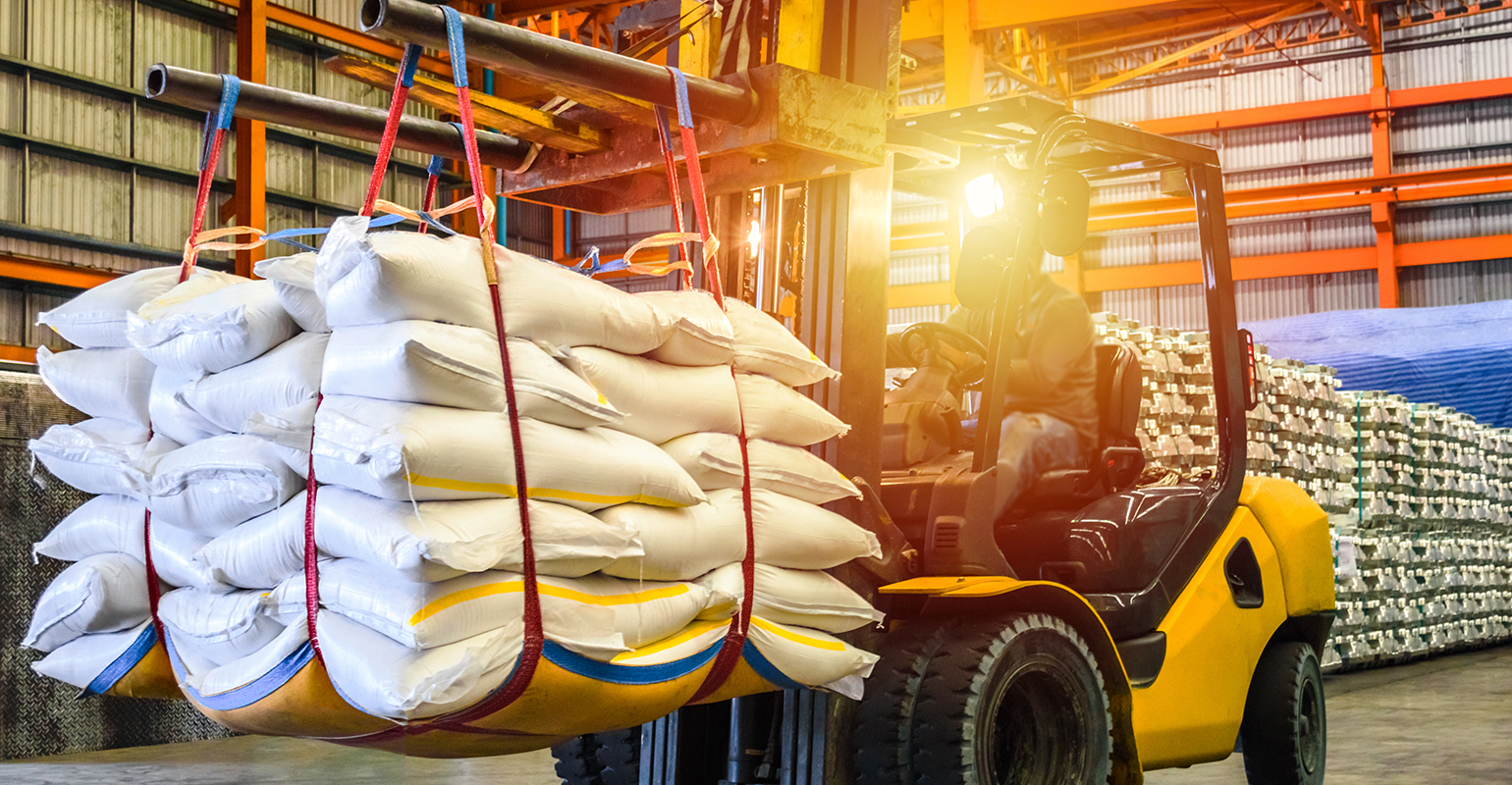Considerations to Make When Choosing a Supplier of Raw Materials

Selecting the best raw material supplier can be crucial for manufacturing businesses. It can affect their success and competitiveness. Quality, reliability, and cost-effectiveness play a critical role in the manufacturing process and overall quality of products. In this article, we will examine the main factors manufacturers must consider when choosing their raw material suppliers. By understanding these aspects and making informed choices, businesses can maintain a supply of high-quality materials, lower production costs, and remain competitive in the market.
Quality Assurance & Consistency
The quality is directly affected by the raw materials. Manufacturers should evaluate the quality assurance processes and procedures of their potential suppliers. They should also check for certifications, testing methods, and adherence to industry standards. Consistency is essential in raw material specifications and quality to maintain consistent product standards and minimize production issues.
Timely Delivery and Reliability
The timely delivery of raw materials is crucial to avoid disruptions to production schedules. Manufacturers must evaluate the track record of suppliers in terms of on-time deliveries and reliability. This includes a review of their inventory control capabilities, production capability, logistics, and the ability to meet fluctuating customer demand.
Cost and Pricing
Pricing is one of the most important factors when choosing a raw-material supplier. Manufacturers should compare potential suppliers’ pricing structures and consider their total costs, including transport, storage, and additional fees. It’s important to strike the right balance between price and quality for maximum value.
Technical Support & Expertise
Technical support from a raw material provider can majorly impact manufacturing processes. Technical support and supplier assistance can be used to optimize production and troubleshoot problems. Manufacturers must evaluate the level and quality of support suppliers provide and whether they can offer training and guidance.
Supplier Reputation and Financial Stability
The reputation and stability of the raw material suppliers are indicators of their reliability and viability on a long-term basis. Manufacturers need to research potential raw material suppliers. They can do this by assessing their reputation, reading customer testimonials, and checking their financial status. A financially sound supplier will be more willing to invest in ongoing research and quality control.
Sustainability: Ethical Practices
Sustainability is an issue that manufacturers need to consider as it becomes more important. They should look at the environmental and ethical practices their suppliers have. A manufacturer can align its values with the ones of their suppliers by assessing their sustainability practices, certifications, or responsible sourcing.
Flexibility
Manufacturers are constantly changing markets, which requires flexibility and adaptability. Suppliers who can respond quickly to changes in the market, offer tailored solutions, and accommodate certain requirements, make excellent partners. A supplier’s flexibility in adapting to new needs can be a key factor for manufacturers to remain competitive.
Communication
Successful partnerships require effective communication and collaboration. Manufacturers should assess their supplier’s responsiveness to concerns, willingness to listen to them, and ability and willingness to collaborate in product development, improvement of quality, and supply-chain optimization.
Risk Management and Contingency Planning
Unforeseen disruptions can have a major impact on the manufacturing process. Manufacturers must assess a provider’s risk management, contingency plan, and resilience in the face of potential disruptions. These include natural disasters (such as earthquakes), geopolitical issues, or material shortages. This assessment will make a more robust and resilient supply chain less susceptible to unexpected events.
Conclusion
Choosing a Bisley International Raw Materials provider is a strategic choice that can impact manufacturing businesses in countless ways. The key factors discussed in this post can help manufacturers make informed decisions that meet their quality, cost efficiency, reliability, sustainability, and collaboration needs. A carefully chosen raw material provider can help to ensure a consistent supply of high-quality products, boost production efficiency and reduce costs. They also contribute to the success and competitiveness. Regular evaluations and monitoring of supplier performances will ensure that raw material suppliers are still suitable, helping manufacturers stay on top of a rapidly-changing market.






